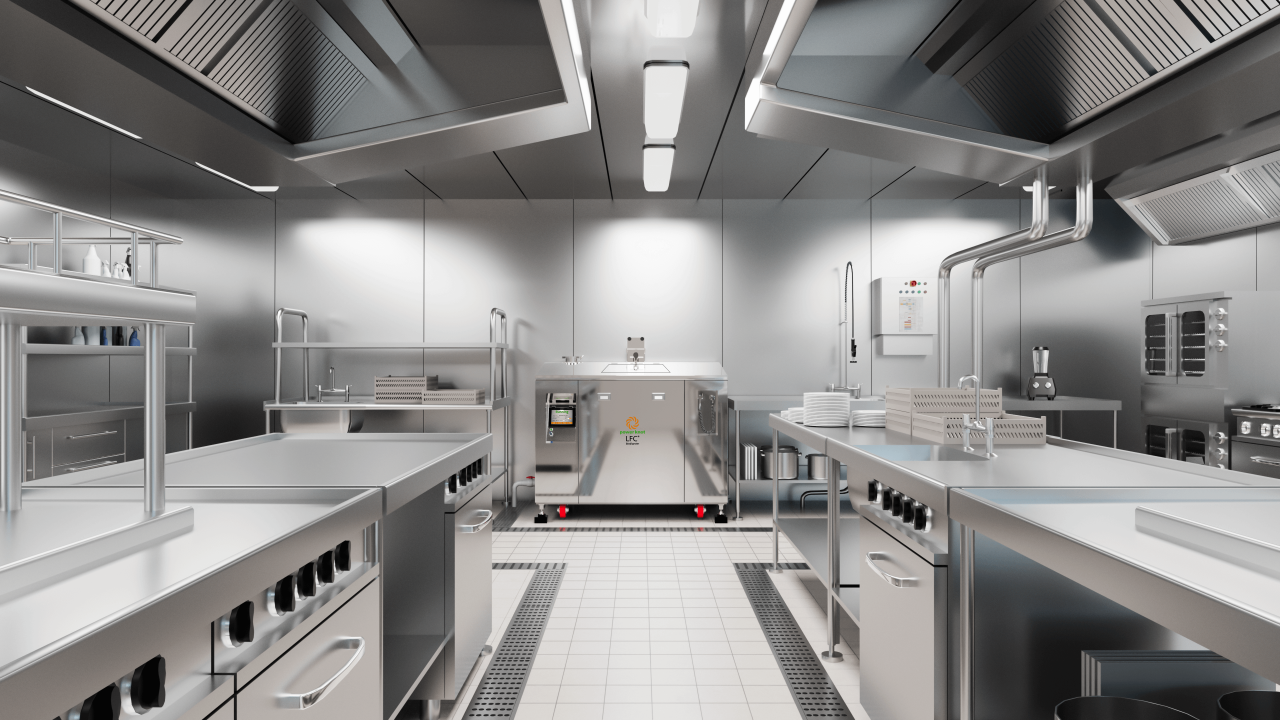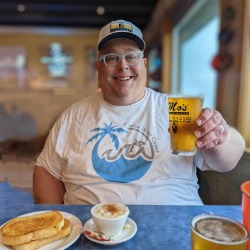The cruise industry continues its march toward sustainability with MS Mitsui Ocean Fuji, formerly known as MV Seabourn Odyssey, recently setting sail with an innovative food waste management system that could become the new standard for West Coast cruise operations. The MS Mitsui Ocean Fuji, operated by Mitsui O.S.K. Lines under its new Mitsui Ocean Cruises brand, has emerged from an extensive refit in Yokohama with Power Knot Ocean's LFC biodigesters onboard. Originally installed by Seabourn Cruise Line, these advanced systems were maintained during the ship's transformation for its new role cruising Japan's scenic Seto Inland Sea.
The vessel, which began its inaugural voyage under Mitsui Ocean Cruises on December 1, 2024, represents a growing trend in the maritime industry: embracing technologies that significantly reduce environmental impact while complying with increasingly stringent international regulations.
Questions
What West Coast Cruises Have You Been On?
What Cruisers Need To Know
What Eco-conscious Cruisers Need To Know:
Biodigester technology represents a significant advancement in sustainable cruising by eliminating food waste disposal problems that have historically contributed to ocean pollution and environmental damage. While cruisers rarely consider what happens to food waste on cruise ships, this technology helps keep the oceans clean.
Key points:
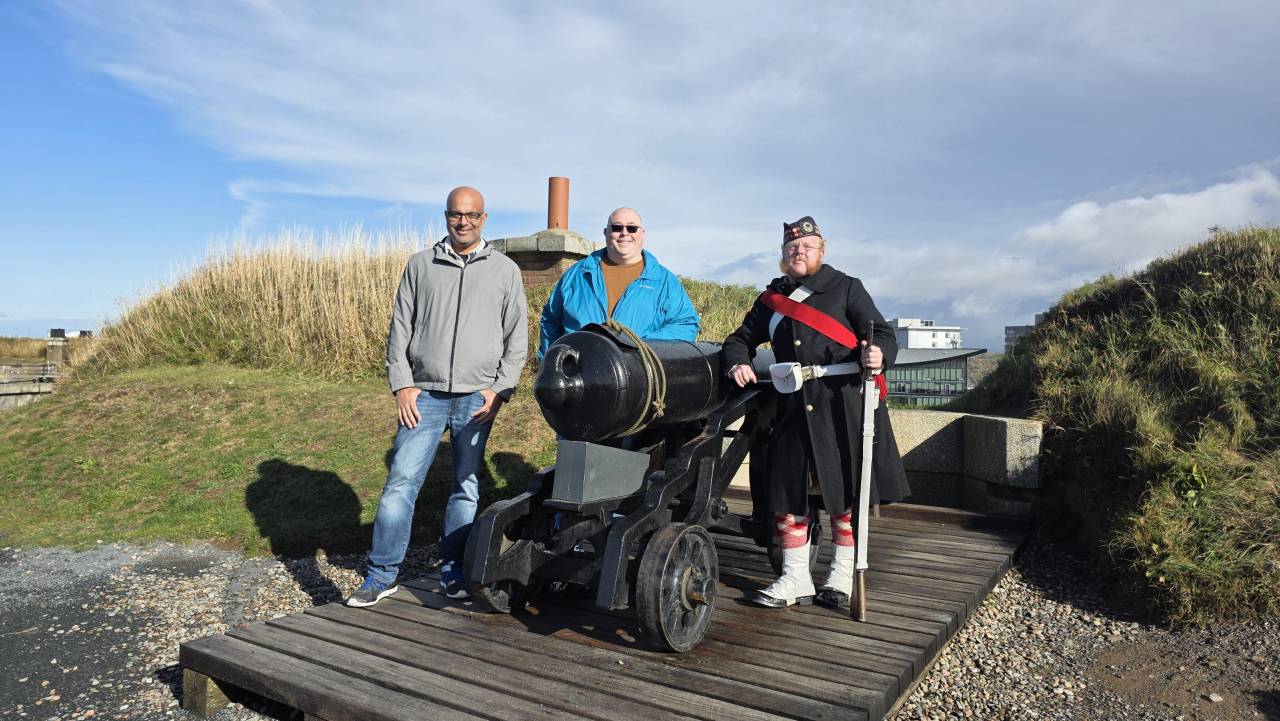
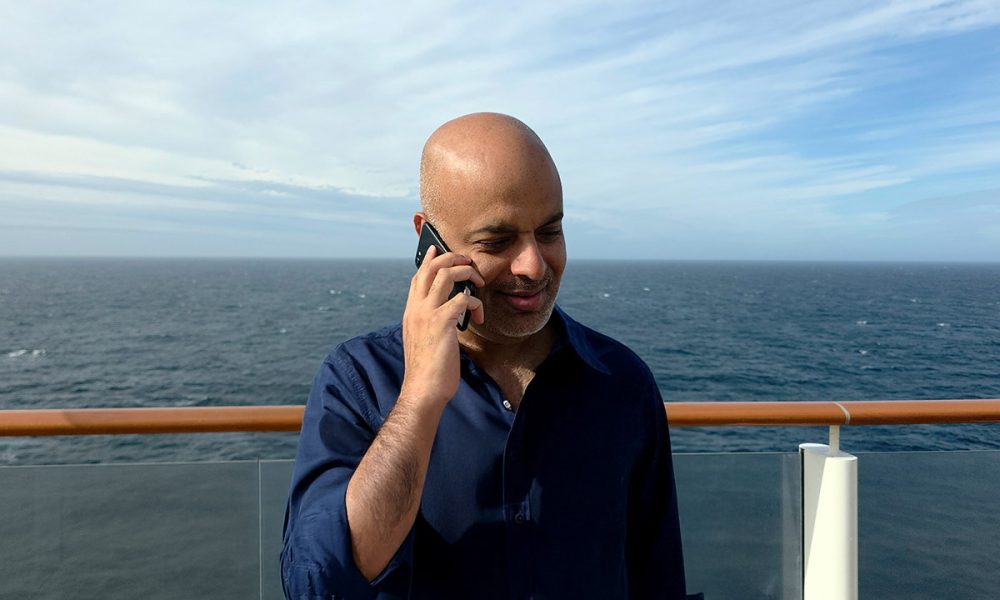

- Biodigesters transform food waste into environmentally safe water through aerobic digestion, preventing harmful waste from entering sensitive marine ecosystems like Alaska's Inside Passage or Hawaii's pristine waters.
- The technology eliminates the need for storing waste onboard or using traditional pulpers, reducing labor costs and space requirements while improving overall ship efficiency.
- These systems act as a safeguard against accidental discharge of plastics into the ocean, helping cruise lines avoid substantial environmental violation fines like Carnival Corporation's $20 million penalty in 2019.
- Major cruise lines operating West Coast routes including Princess Cruises and Holland America have implemented Power Knot's LFC biodigesters after extensive testing, demonstrating the industry's commitment to environmental solutions.
- By supporting cruise lines that employ advanced waste management technologies, passengers can enjoy spectacular West Coast destinations while knowing their vacation has a significantly reduced ecological footprint.
Book A Cruise
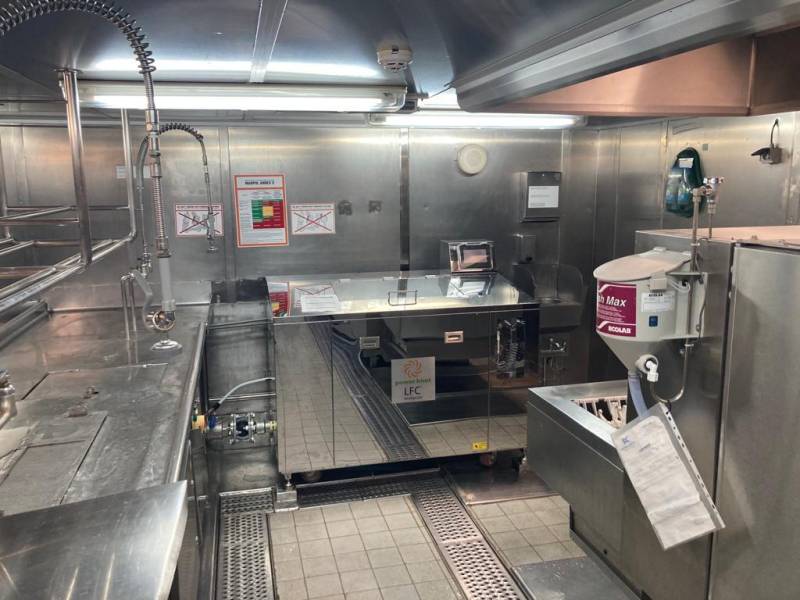
How Biodigesters Make Cruise Ship Operations More Sustainable
The LFC biodigester works through a process of aerobic digestion, where microorganisms break down food waste in the presence of oxygen. Unlike traditional waste management methods on cruise ships, which often involve storing waste onboard for later disposal or using pulpers that create a slurry, the biodigester transforms food waste into environmentally safe water that can be released without harming marine ecosystems.
These machines, available in nine different sizes processing from 20 to 13,200 pounds of food waste daily, offer numerous operational benefits beyond environmental compliance. They significantly reduce the labor associated with waste management, eliminate the need for space-consuming waste storage, and provide a safeguard against accidental discharge of plastics into the ocean—a violation that has resulted in substantial fines for cruise operators in the past.
Growing Adoption Among West Coast Cruise Routes
The adoption of biodigester technology has been gaining momentum among major cruise lines operating along the West Coast, including Alaska, Hawaii, and the Mexican Riviera routes. Carnival Corporation, which operates over 100 vessels across ten cruise brands including Princess Cruises, Holland America, and Seabourn, conducted extensive testing of biodigesters from three manufacturers before selecting Power Knot's LFC biodigester for large-scale implementation across their fleets in 2022.
These systems provide an additional layer of compliance assurance for ships traveling the sensitive waters of Alaska's Inside Passage, where environmental regulations are particularly stringent. Similarly, vessels cruising to destinations like Hawaii and along the Mexican Riviera - from popular ports such as Los Angeles, San Diego, and Long Beach - benefit from the technology's ability to manage waste efficiently while maintaining environmental integrity.
The Larger Environmental Context
The cruise industry has faced increasing scrutiny over its environmental practices in recent years, with food waste management presenting a particular challenge. Ships operating within 12 nautical miles of the coast have historically stored waste onboard for disposal at port—an expensive and logistically complex process. The improper management of food waste has led to significant penalties, including Carnival Corporation's $20 million fine in 2019 for environmental violations that included dumping organic waste mixed with plastic into the ocean.
As ports along the West Coast implement tighter restrictions on incineration due to air quality concerns, biodigesters offer a practical alternative that aligns with regulatory requirements and sustainability goals.
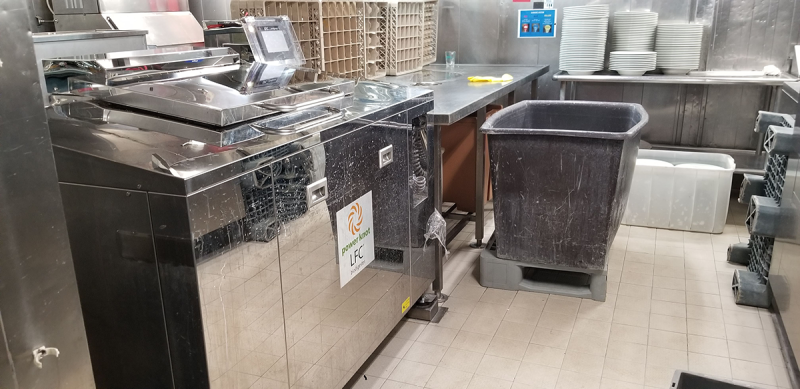
The Cleaner Road Ahead for West Coast Cruising
For West Coast cruisers and industry stakeholders alike, implementing advanced waste management technologies like the LFC biodigester represents a significant step toward responsible tourism. The technology addresses immediate environmental concerns and offers a glimpse into a future where cruise operations can continue to access pristine destinations while minimizing their ecological footprint.
Recent installations demonstrate the technology's versatility across different vessel types and cruise experiences. Just days ago, Power Knot Ocean announced the installation of an LFC-200 biodigester aboard the expedition vessel MS Seaventure, which operates in the sensitive waters of Antarctica. According to Iain Milnes, President of Power Knot Ocean, the technology "provides a reliable and compliant solution for vessels operating in delicate marine environments."
As the industry continues to evolve, the silent revolution happening in modern cruise ships' galleys and recycling centers demonstrates that environmental responsibility and exceptional guest experiences can go hand in hand - a message that resonates strongly with our West Coast cruising community.
Thanks for reading. We hope this was helpful!
Why stop now?
Participate In Our Polls | Ask or Answer A Cruise Question | Contact Heather to Book Your Next Cruise!
